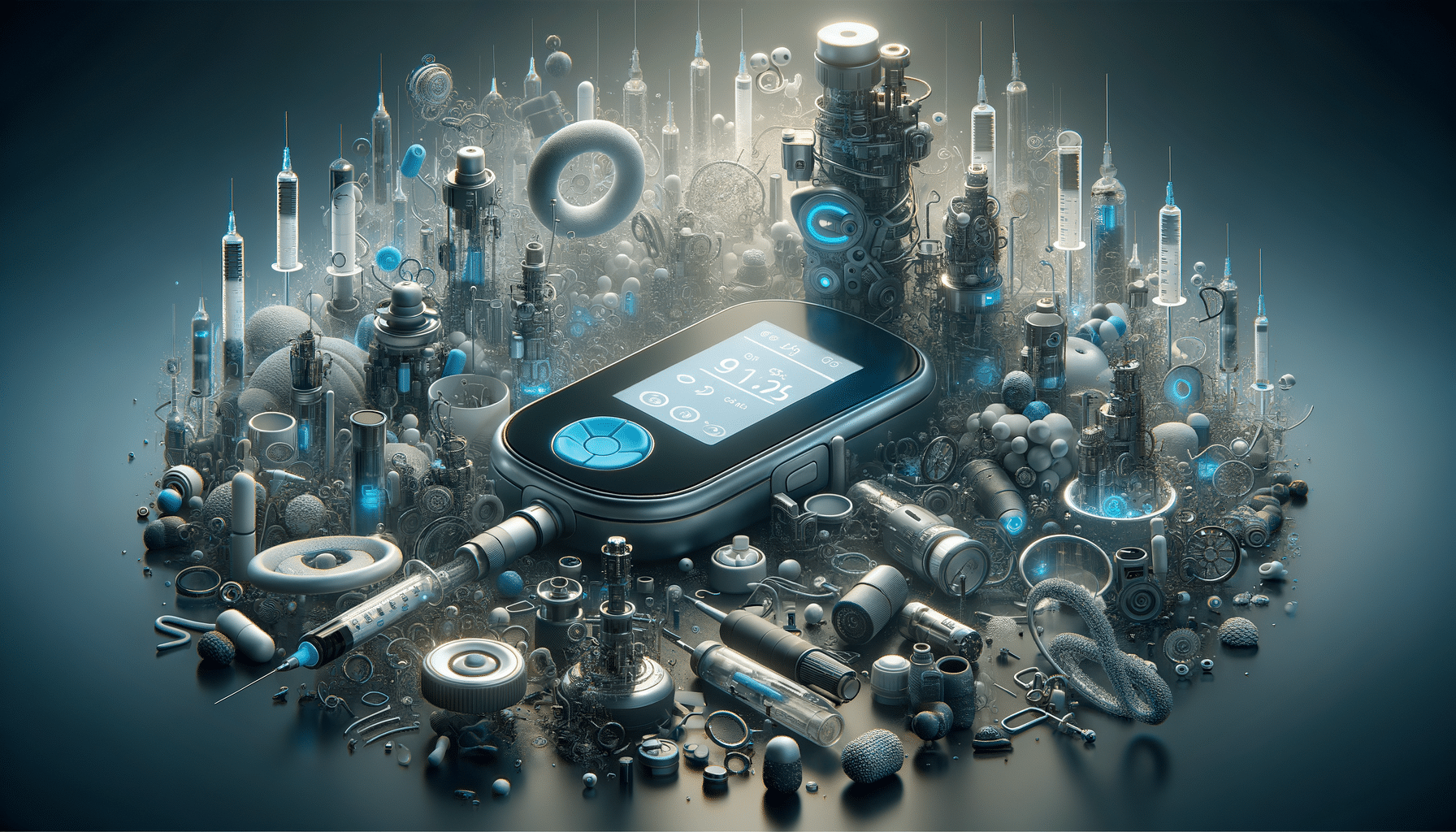
Understanding Glucose Control Devices: A Comprehensive Guide
Introduction to Glucose Control Devices
In the evolving landscape of diabetes management, glucose control devices have emerged as pivotal tools for individuals striving to maintain optimal health. These devices play a critical role in monitoring blood sugar levels, offering real-time insights that empower users to make informed decisions about their diet, exercise, and medication. As diabetes continues to affect millions worldwide, the importance of understanding and utilizing these devices cannot be overstated. This article delves into the various aspects of glucose control devices, highlighting their significance in managing diabetes effectively.
The Science Behind Glucose Control Devices
At the heart of glucose control devices lies advanced technology designed to provide accurate and timely readings of blood sugar levels. These devices typically use biosensors to detect glucose concentration in the blood. The process involves a small sample of blood, usually obtained through a finger prick, which is then analyzed by the device. The biosensor reacts with glucose in the blood, producing an electrical signal that is converted into a readable glucose level. This technology allows for continuous monitoring, providing users with data that can be tracked over time.
Moreover, modern devices are equipped with features that enhance user experience and data accuracy. These include Bluetooth connectivity for syncing data with smartphones, alarms for high or low blood sugar levels, and integration with health apps for comprehensive health tracking. Such innovations make glucose control devices not only functional but also user-friendly, catering to the needs of diverse users.
Benefits of Using Glucose Control Devices
Glucose control devices offer numerous benefits that significantly contribute to effective diabetes management. One of the primary advantages is the ability to monitor blood sugar levels in real-time, allowing users to respond promptly to any fluctuations. This immediate feedback is crucial for preventing complications associated with both hyperglycemia and hypoglycemia.
Additionally, these devices facilitate personalized diabetes management by providing detailed data that can be shared with healthcare providers. This collaboration ensures that treatment plans are tailored to individual needs, optimizing health outcomes. Furthermore, the convenience of portable devices enables users to maintain their monitoring routine regardless of their location, promoting consistency and adherence to health management strategies.
Challenges and Considerations
While glucose control devices offer significant benefits, there are challenges and considerations to keep in mind. One of the primary concerns is the cost associated with purchasing and maintaining these devices, which can be a barrier for some individuals. Additionally, the accuracy of readings can be affected by various factors, including user error, device calibration, and environmental conditions.
It is also essential for users to stay informed about the latest developments in glucose monitoring technology. With rapid advancements, newer devices may offer enhanced features and improved accuracy, necessitating periodic updates and education for users. Despite these challenges, the benefits of glucose control devices often outweigh the drawbacks, making them invaluable tools in diabetes management.
Future of Glucose Control Devices
The future of glucose control devices is promising, with ongoing research and development aimed at improving their functionality and accessibility. Innovations such as non-invasive monitoring techniques, integration with artificial intelligence, and enhanced data analytics are set to revolutionize how individuals manage their diabetes. These advancements promise to make glucose monitoring more comfortable, accurate, and insightful.
Moreover, the emphasis on personalized healthcare is driving the development of devices that can adapt to individual user needs, offering tailored insights and recommendations. As the healthcare landscape continues to evolve, glucose control devices will undoubtedly play a central role in empowering individuals to take charge of their health, leading to better management of diabetes and improved quality of life.


